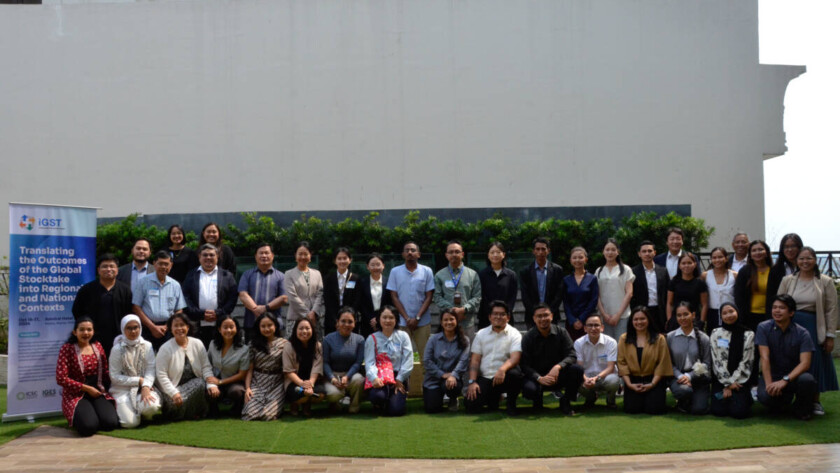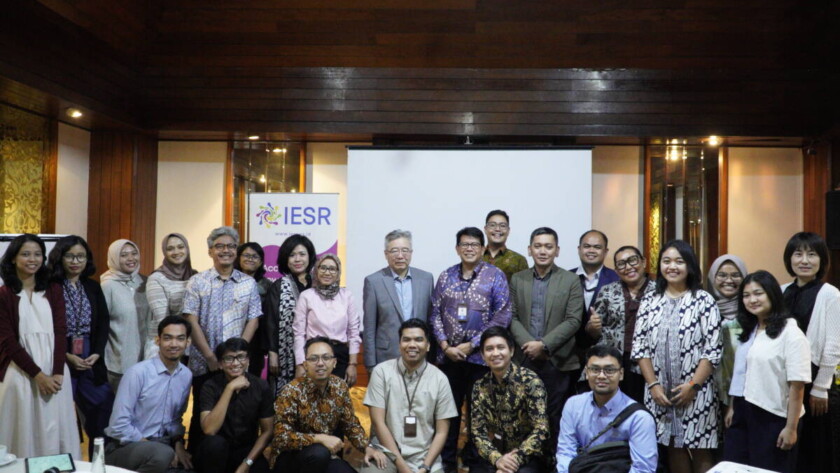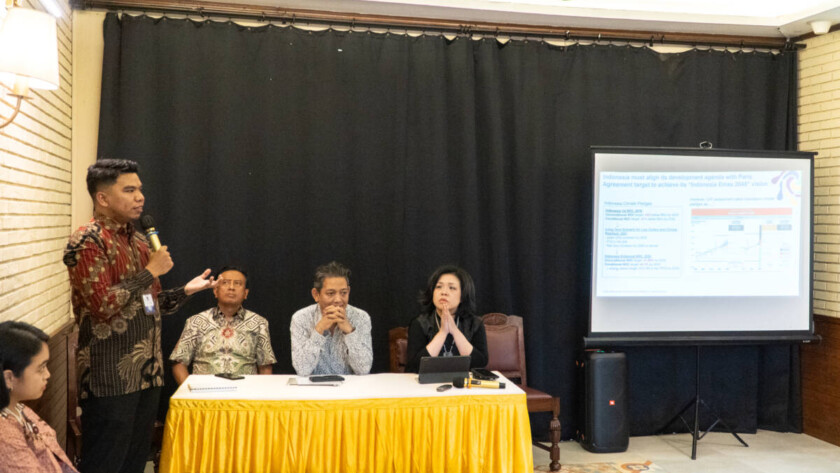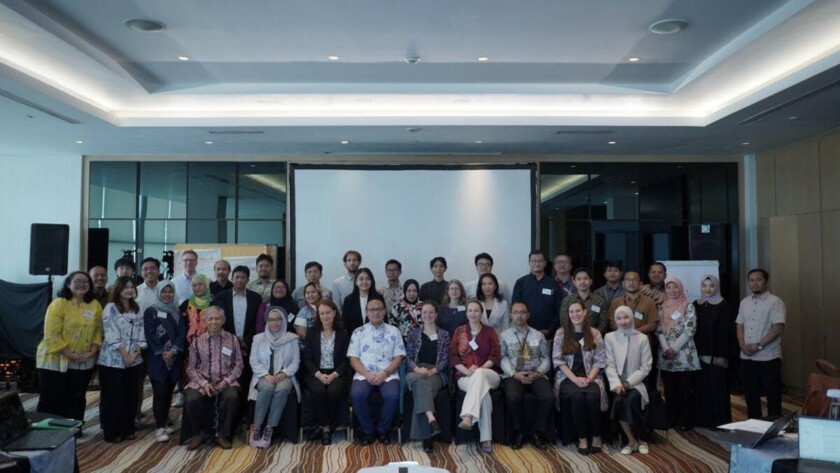Jakarta, December 3, 2024 - The 29th Conference of the Parties on Climate Change (COP-29), originally expected to be a “Climate Finance” COP to support developing countries in climate mitigation and adaptation, produced decisions that did not meet expectations. Developed countries only agreed to mobilize USD 300 billion per year in climate finance by 2035,…







